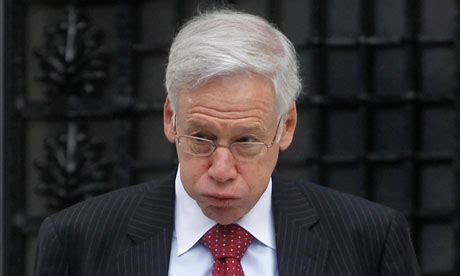Top 33 Quotes & Sayings by Charles Dallara
Explore popular quotes and sayings by an American businessman Charles Dallara.
Last updated on December 20, 2024.
Threats of trade protectionism, plus unilateral actions on the exchange-rate front, such as the heavy interventions of China, Japan, and Switzerland in the currency markets - not to mention the retaliatory tariffs recently passed by the U.S. House of Representatives - endanger growth prospects and could further depress financial market confidence.



















